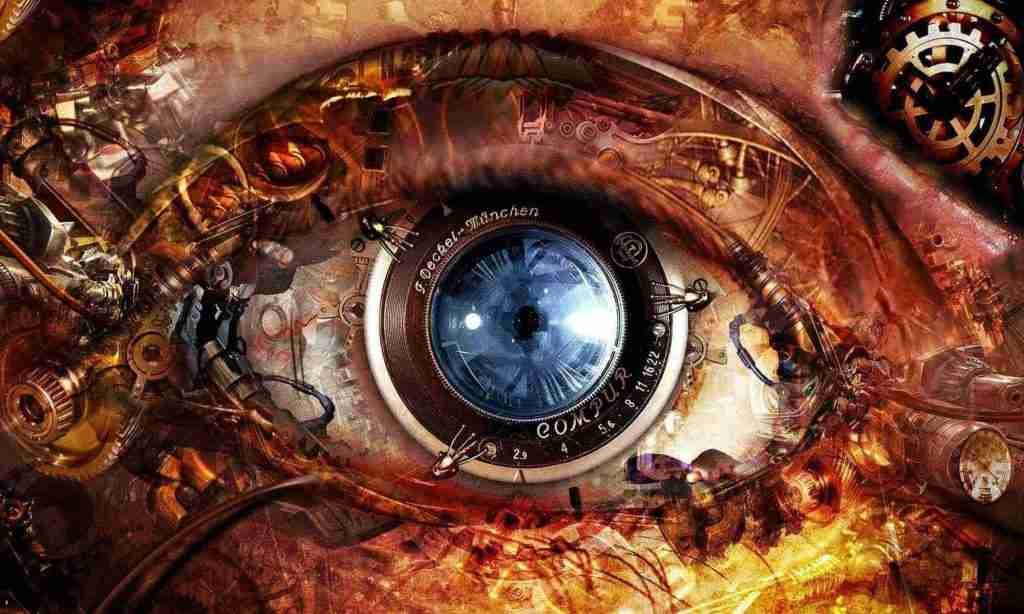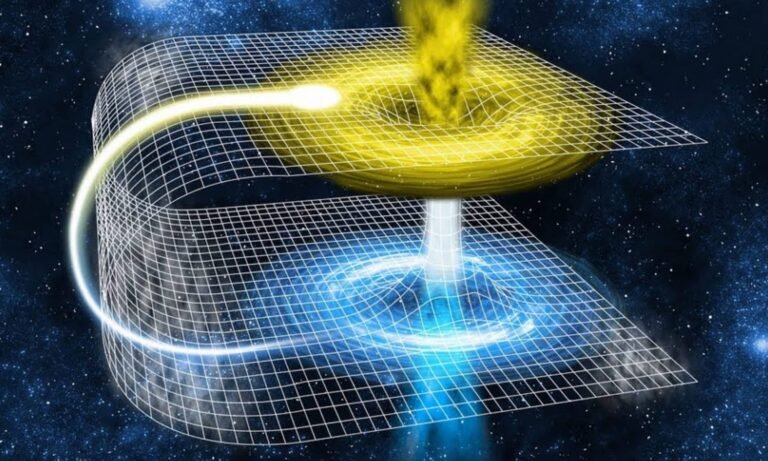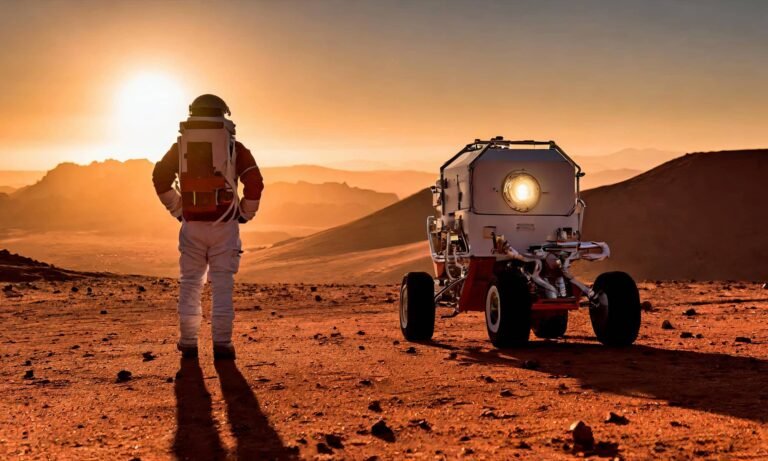The Universe is all of space and time (spacetime) and its contents which includes planets, moons, minor planets, stars, galaxies, the contents of intergalactic space and all matter and energy. The size of the entire Universe is still unknown.
The Universe can be defined as everything that exists, everything that has existed and everything that will exist. According to our current understanding, the Universe consists of spacetime, forms of energy (including electromagnetic radiation and matter) and the physical laws that relate them. The Universe encompasses all of life, all of history and some professionals suggest that it even encompasses ideas such as mathematics and logic.
We know only about 5 per cent (or so we currently and conceitedly believe as we state the very same figure for The Earth‘s explored and charted oceans) of the Universe and the remaining 95 per cent is still a mystery. So, we do not know much about the universe – let alone anything beyond it. But then again: Could there possibly be anything beyond the Universe?

Genesis
The concept of ‘genesis as a beginning’ is a multifaceted one, rich with historical, cultural, and personal significance. It is a reminder of where we come from and an invitation to contemplate where we are going. Whether we look to the stars, the sacred texts, or within ourselves, the genesis is a point from which we can all trace the start of something extraordinary.
It is the first brushstroke on the canvas of existence, the first note in a symphony of life, and the first step on a journey of discovery. The power of a beginning lies in its limitless potential, the promise of growth, and the adventure that awaits. What will your genesis lead to? Explore, reflect, and begin.
Exploring the Intersection of the Big Bang Theory and the Book of Genesis

The Big Bang theory and the Book of Genesis offer two distinct narratives about the origins of the Present Universe. The Big Bang theory, a scientific model, suggests that the universe began as a singularity approximately 13.8 billion years ago and has been expanding ever since. This theory is supported by various lines of empirical evidence, such as the cosmic microwave background radiation and the redshift of distant galaxies, which indicate that the universe is indeed expanding.
On the other hand, the Book of Genesis presents a creation narrative where the universe is created by God in six days. This account is foundational to Judeo-Christian beliefs and has been interpreted in various ways by theologians and believers. Some interpret Genesis literally, believing that the universe was created in six 24-hour days, while others view it as a more poetic or allegorical description of creation.
Read More
The conversation between these two perspectives is ongoing and multifaceted. Some individuals and groups attempt to reconcile the scientific findings with their religious beliefs. For example, some theologians propose that the “days” mentioned in Genesis could represent longer periods of time, aligning the six days of creation with the billions of years outlined by science.
Others argue that the Big Bang theory itself aligns with the notion of a universe created from nothing, a concept that resonates with the ex nihilo creation described in Genesis. This view suggests that the Big Bang could be the method through which God brought the universe into existence.
The debate often centers around the compatibility of faith and science, with some asserting that the two can coexist harmoniously, each addressing different aspects of human understanding. Science explores the mechanisms of the universe through observation and experimentation, while religion addresses the purpose and meaning behind existence.
The discussion of the Big Bang theory and the Book of Genesis is not only a theological and scientific inquiry but also a cultural and philosophical one. It touches on fundamental questions about the nature of reality, the limits of human knowledge, and the ways in which we seek to understand our place in the cosmos.
In conclusion, the intersection of the Big Bang theory and the Book of Genesis invites us to explore how humanity seeks to understand the origins and vastness of the universe. Whether through science, faith, or both, this inquiry remains a profound aspect of human curiosity and intellect.
The Known 5%
But what do we actually know about our universe? Somewhere between nothing much and nothing, I’m afraid. We have hardly been able to somewhat explain the Solar System and The Earth but that’s about it.
The known 5% of the universe consists of ordinary matter, which includes everything we can see and touch. This encompasses atoms, stars, galaxies, planets, and all living things.
- Ordinary Matter: This is the matter that makes up all the visible objects in the universe. It includes protons, neutrons, and electrons, which form atoms and molecules.
- Galaxies and Stars: The known 5% includes the vast array of galaxies and stars that populate the universe. These celestial bodies are composed of ordinary matter and are observable through telescopes.
- Planets and Life: Within this 5%, we find planets, including Earth, where life exists. The study of these planets and the potential for life elsewhere in the universe is a major focus of astronomical research.
The Unkown 95%
Understanding the unknown 95% is crucial for comprehending the larger cosmic picture, as we continue to explore the mysteries of dark matter and dark energy.
- Dark Matter: Dark matter makes up about 27% of the universe. It doesn’t emit, absorb, or reflect light, making it invisible and detectable only through its gravitational effects.
- Dark Energy: Another significant component is dark energy, which constitutes about 68% of the universe. It is believed to be responsible for the accelerated expansion of the universe.
A Journey into the Cosmic – and Man-Made – Mysteries. The universe is vast and mysterious, captivating humanity for centuries. Despite our advancements, much remains an enigma. We know only about five percent of the universe; the rest is dark matter and dark energy. This pursuit of knowledge drives exploration forward. Each discovery brings us closer to understanding our place in the cosmos. We are just beginning to answer the universe’s call.
What’s More
The posts in My Blog feature reflective, story-driven pieces rooted in personal and societal insights.
The topics in My Interests explore abstract, philosophical ideas and their cultural and societal impact.
👁️ 7,184 Views

















